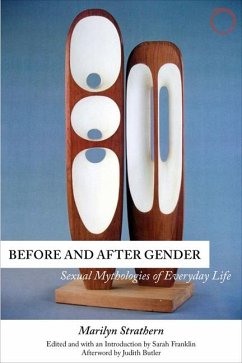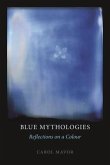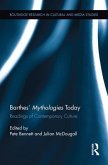Written in the early 1970s, amidst widespread debate over the origins and causes of women's subordination, Marilyn Strathern's exploration of the stubborn paradox of sex and gender was intended as a popular book for a general audience. Had it been published, as planned, in 1974, Strathern's analysis of gender as a powerful cultural code, and sex as a defining mythology, would have offered an unprecedented set of insights into the symbolic leakage later defined by Judith Butler as 'gender trouble'. But after her publisher unexpectedly folded, this extraordinary manuscript went into storage - where it remained for more than four decades. The publication of this missing feminist classic enhances both our understanding of the work of one world's most influential anthropologists, and the enduring legacies of late twentieth century feminist thought. Strathern's direct engagements with many of the most influential feminist authors of the early 1970s, including Shulamith Firestone, Simone de Beauvoir, Ann Oakley and Kate Millett, are as vivid and insightful as are her critical readings of sociobology, romantic literature and structuralist anthropology. Building with characteristic precision toward a bold and sweeping conclusion in which she argues we underestimate the materializing grammars of sex and gender at our peril, Marilyn Strathern's Before and After Gender remains uncomfortably contemporary in its challenge to the intransigent mythologies of sex.
Hinweis: Dieser Artikel kann nur an eine deutsche Lieferadresse ausgeliefert werden.
Hinweis: Dieser Artikel kann nur an eine deutsche Lieferadresse ausgeliefert werden.








